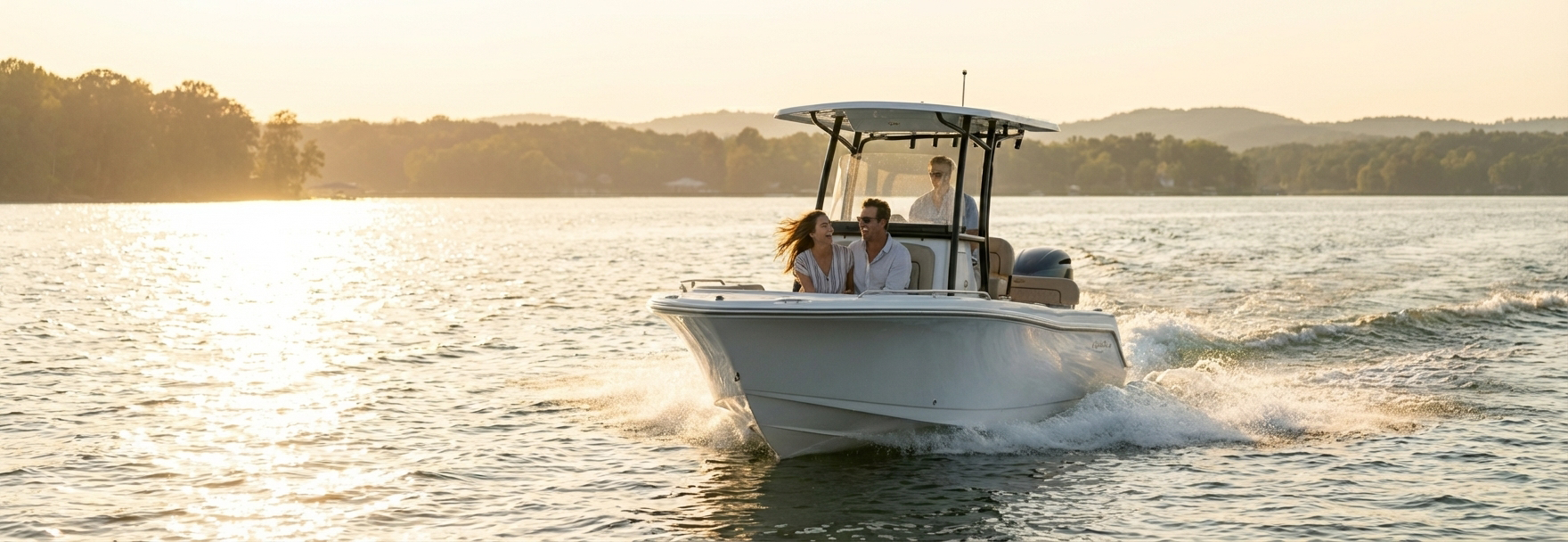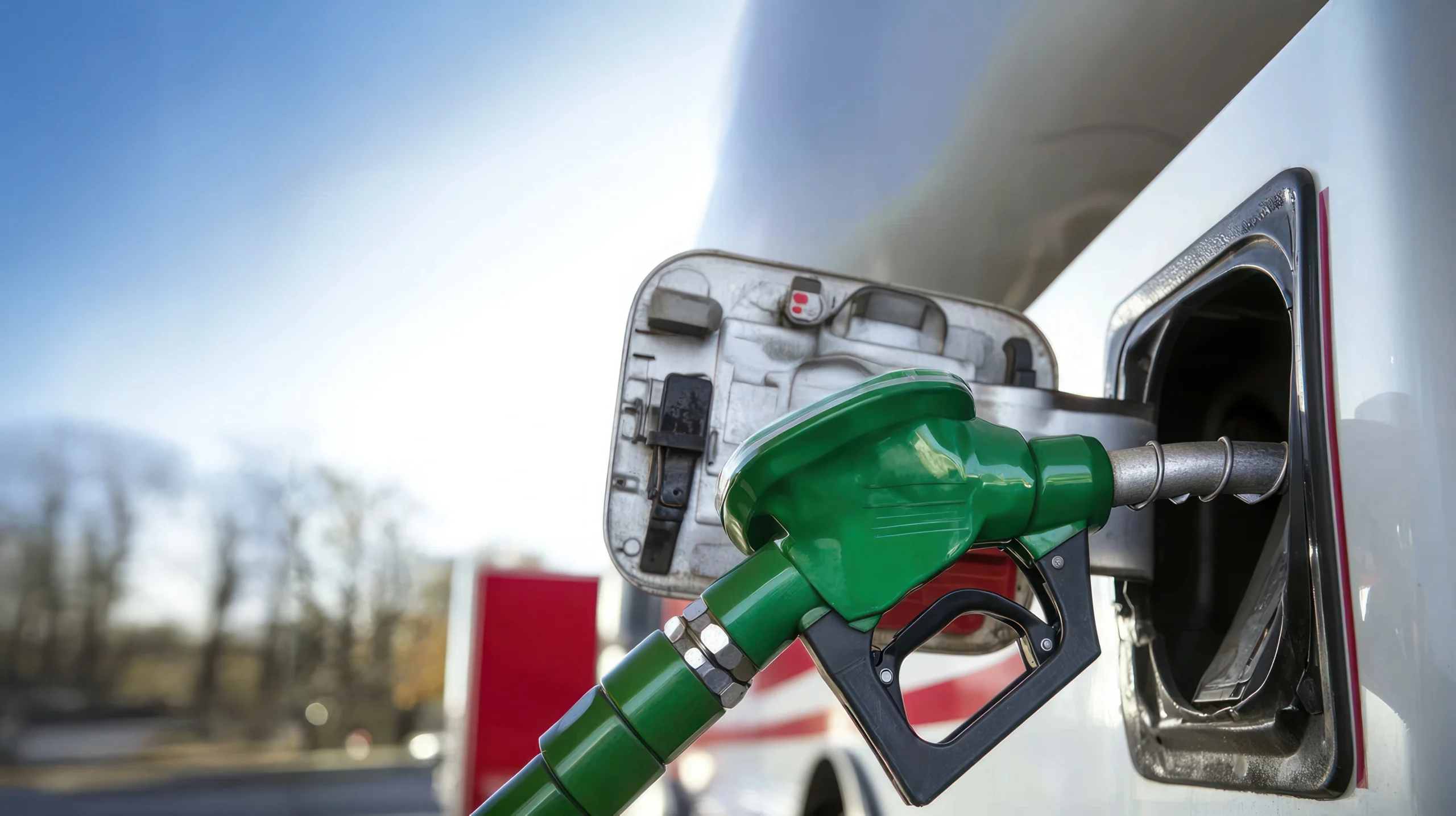You’re scrolling online and there it is: the perfect RV (or boat). It checks all your boxes… but it’s three states away. So now you’re forced to question not only if the unit is worth it, but also the drive.
Out-of-state buying isn’t just about delivery or online transactions—it’s about smart judgment before you hit the road. There’s a difference between a solid opportunity and a waste of gas (or worse—a scam). In this guide, we’ll help you figure out what makes a listing trustworthy, how to vet a seller remotely, and when it’s safe to move forward or walk away.
Understanding Safer Listings vs. Higher-Risk Ones
Not all listings are equal, and when you can’t just swing by the lot or driveway, it’s essential to weigh the level of risk before deciding to move forward.
Safer listings might include units listed by licensed dealerships, sellers who respond quickly and clearly, listings with detailed photos, videos, and service records, and sellers willing to provide a live video tour and documentation.
Riskier listings often include too-good-to-be-true prices, vague descriptions and low-resolution or stock photos, sellers who avoid calls or pressure fast decisions, or listings lacking ownership proof.

Start with the Seller
A verified dealership in business for years is very different from someone using a vague name and a free email account. Ask yourself if the seller is a licensed dealer or private seller, if they can be found online through reviews or business pages, and whether they respond to your questions clearly and consistently. A trustworthy seller will be open, responsive, and not defensive.
Review the Photos Carefully
Photos are your first defense against a bad trip. If the listing only includes manufacturer photos, screenshots or skips critical views of the interior or roof, that’s a red flag. Ask the seller for updated, timestamped photos and a walkaround video showing the unit’s VIN (for RVs) or HIN (for boats). If the seller stalls or avoids this, consider it a warning.
Ask the Story Behind the Sale
A reputable seller will usually have a clear and reasonable story. You should ask how long they’ve owned the unit, how often it was used, whether it’s been stored indoors or outdoors, and what service it’s had recently. If the seller’s answers change or feel off, take that seriously.

Get Proof of Ownership Early
Before considering a visit, make sure the seller actually owns the unit. Ask to see the title or at least a dated photo of it. You also want to confirm there are no liens or that the seller is clear on how they’ll handle the loan payoff process. If they can’t provide this information or dodge the question, there may be significant issues obtaining your title or registration later on.
Ask What They’re Not Telling You
Even honest sellers sometimes gloss over issues. That’s why you need to ask directly about mechanical or cosmetic concerns. Ask if the unit has been smoked in or lived in full-time, when the roof was last resealed, if appliances and systems are all working, and if there have been any past accidents, leaks, or water damage.
Get a Pre-Trip Inspection
Before you commit to travel, hiring a third-party inspector can save you hundreds—or even thousands. An RV or marine inspector will evaluate everything from roof integrity to plumbing to engine condition. You’ll get a full report so you can decide if it’s worth going in person. Sellers who refuse or discourage inspections should raise suspicion.
Shop Confidently with MyFy Marketplace
At My Financing USA, we created the MyFy Marketplace to help buyers feel more secure shopping for RVs or boats across state lines. Our listings come from certified or verified sellers, and we match inventory to your financing pre-approval. You get access to condition-verified units with documentation already in hand. That way, you can browse with confidence and avoid second-guessing a long road trip.

GoRollick: A Trusted Network of Dealerships
Shopping across state lines? GoRollick gives you added peace of mind through a nationwide network of vetted dealers. Each one is committed to transparent pricing, accurate listings, and helpful walkarounds or virtual tours—many even offer local pickup or delivery options.
GoRollick also partners with a wide range of employers, membership programs, and affinity groups—including USAA and Sam’s Club—to unlock bonus savings and exclusive offers on RVs, boats, and powersports vehicles. If you’re part of one of these organizations, you may already qualify for special benefits through the GoRollick Marketplace
Make the Trip Only When It’s Worth It
Just because a listing looks good online doesn’t mean it’s worth the drive. Ask questions. Verify ownership. Get an inspection. And if the seller pushes back on any of that, there are better options out there.
Buying out of state isn’t the problem; it’s buying in the dark that causes trouble.
Ready to Shop with Confidence?
Get pre-approved at My Financing USA and browse trusted RVs and boats in our MyFy Marketplace. Because sometimes, the perfect unit really is a few states away—and now you’ll know how to tell if it’s worth the trip.
FAQs:
What is the minimum credit score required to qualify for a loan?
We can work with credit scores as low as 550. Our programs are designed to help customers across a wide range of credit situations, including those with past credit challenges.
How long are the loan terms available?
We offer loan terms of up to 20 years, giving you the flexibility to choose a repayment schedule that works best for your budget and goals.
What is the minimum loan amount I can apply for?
Our loan starts at $10k. This applies to both dealer and private party purchases.
What interest rates do you offer?
What types of purchases are eligible for financing?
We finance both dealer and private party purchases and can approve loans for LLCs, trusts, and full-time RVers. We do not finance park models, toterhomes, or schoolies..
Can I finance and RV or boat if I'm a full-time traveler?
Yes. We offer financing options designed for full-time RVers and boaters.



